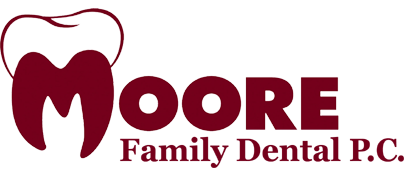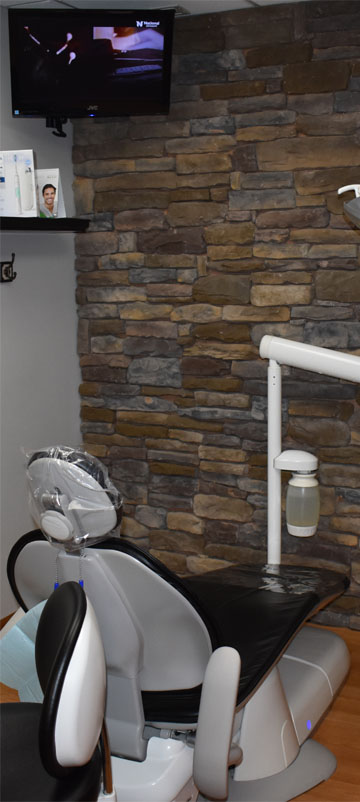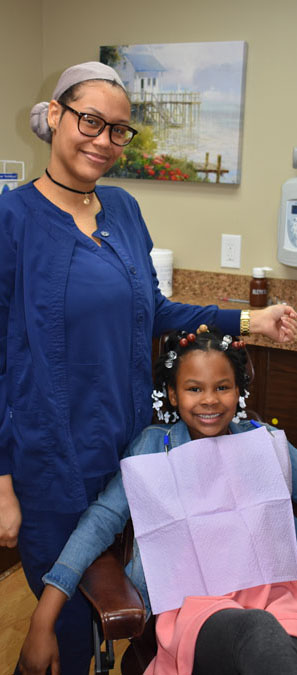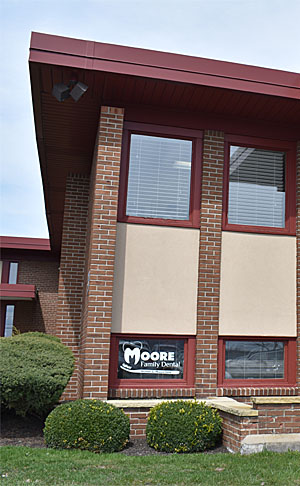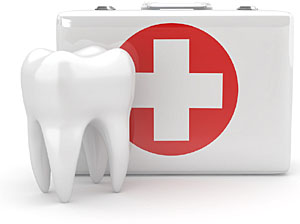 Determining if you have a dental emergency can be a tricky question to answer because there are a lot of gray areas. Some situations are straightforward. For example, if your tooth is broken, badly chipped or falling out, there’s no gray area there; it’s an emergency and you need to get to the dentist as soon as possible. We have some guidelines for coping with these situations until you can get to the office here.
Determining if you have a dental emergency can be a tricky question to answer because there are a lot of gray areas. Some situations are straightforward. For example, if your tooth is broken, badly chipped or falling out, there’s no gray area there; it’s an emergency and you need to get to the dentist as soon as possible. We have some guidelines for coping with these situations until you can get to the office here.
An abscess is another situation that requires an emergency appointment as soon as possible. It’s a sign of infection and it’s one of those things that can go very wrong very quickly. Don’t wait; give us a call immediately so we can schedule an appointment for you right away.
What about a toothache? This is one of those potential gray areas. If your pain is very mild, you have cause for concern but you caught it early; be sure to describe the pain when you call the office to make an appointment so we can see you before it gets worse. If your pain is excruciating, that constitutes an emergency. Severe tooth can be a sign of a severe problem and we want to help you as quickly as possible.
We understand that issues like these can be overwhelming and even frightening, but please don’t ignore them. Many people postpone dealing with unpleasant matters, but small dental problems can turn into major issues quickly.
What about children?
If your child has a toothache or other issue, judging the severity of it can be very challenging. You can quantify your own pain and provide descriptive information to help us figure out what’s wrong, but the same is not always true for children. Young children may not have the language skills to tell us how much it hurts or exactly what it feels like.
That’s why we recommend erring on the side of caution when it comes to potential dental emergencies. Give us a call and provide us with as much information as you can. Let us help you sort it out and decide whether your child needs an emergency appointment. It’s better to be safe than sorry.
Minimize your risk
Don’t put anything other than food or beverages in your mouth. Chewing on a pen or pencil may seem harmless, but it only takes a second to crack or chip your tooth. If you chew on ice, remember that it’s hard enough to crack or chip a tooth. The same is true of popcorn kernels and anything else that is very hard. Also, if you have children, remember that your habits may become their habits. If you use your teeth to get a knot out of your shoelaces, your child may begin to see the teeth as a handy tool to bite through non-food items.
If you play sports, wear a mouth guard. This is a simple way to protect your teeth. Many people cite cost or appearance as a reason to avoid using this type of device. Think about it, though. A mouth guard costs less than your dental bills will if you get injured. As for appearance, wouldn’t you rather wear a mouth guard while you play than deal with broken or missing teeth?
